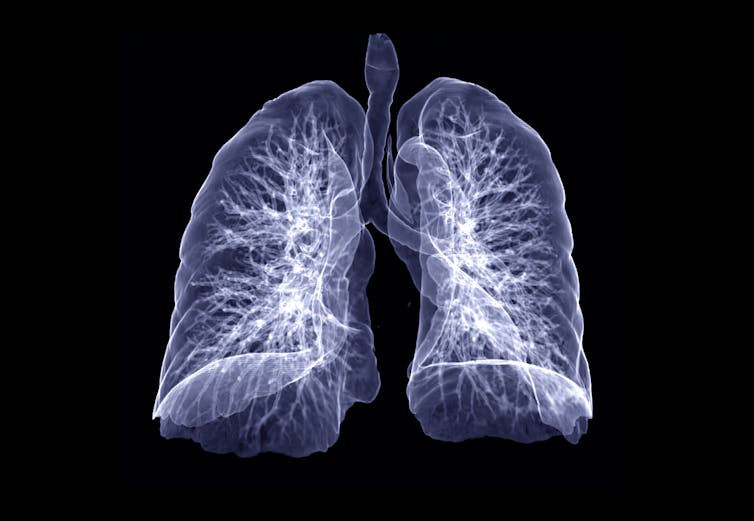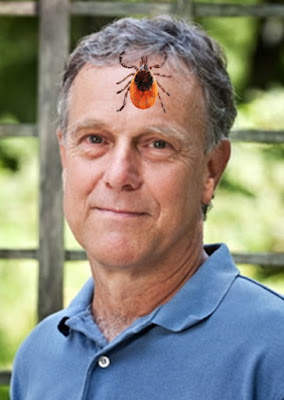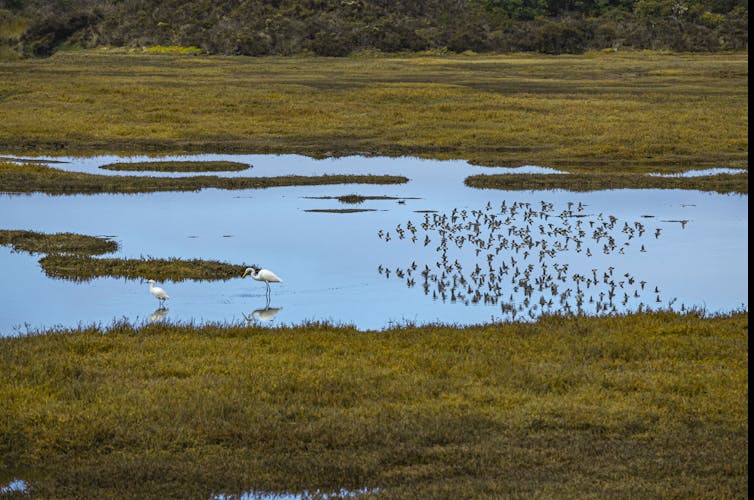With ties to hate groups, #ParentsUnitedRI offers slate of conservative extremists for local office
By Uprise RI
#ParentsUnitedRI is a grievance-based hate group that stands against the transgender community, opposes the teaching of racism history, and fought hard against COVID-19 precautions and medical advice throughout the pandemic.The group is running a slate of candidates across Rhode Island, with ties to overt white supremacist hate groups like CORR (Citizens Organized to Restore Rights) and Super Happy Fun America (SHFA).
#ParentsUnitedRI was formed with
the intent of infiltrating local school boards and town councils to degrade
public schools and promote charter schools under the guise of parental rights.
CORR has been described as a “Christofascist/Christian nationalist organization committed to organizing various unaffiliated groups to support extremist candidates for local seats of government.”
CORR founder David Steinhof teamed
up with Samson Racioppi‘s Super Happy Fun America, a Massachusetts based
hate group that in previous iterations (under the name Resist Marxism)
twice brought white nationalist rallies to the Rhode Island State House.
(See here and here.)
CORR’s association with SHFA puts them squarely into the nexus of pro-fascism hate groups such as the Proud Boys, Patriot Front and NSC-131. (See here and here).
“We need to infiltrate the school committees,” said CORR board member Katie Ferreira-Aubin at a CORR meeting. Ferreira-Aubin is a mental health counsellor in Cranston and a controversial Dighton-Rehobeth School Committee member who compared mask mandates to the policies of Nazi Germany on her social media.
“We need to infiltrate the school boards. We’ve got to take them over from
within… We get back to basics. We let the parents parent. We get the mandates
out of the schools, we get CRT out of schools. We infiltrate.”
East
Providence School Committee candidate Carissa Moglia spoke at a CORR
meeting about once being apolitical and “just raising her kids” until the
issues of mask mandates came up. Moglia was one of the three dozen or so
plaintiffs who sued the
state over the voluntary mask mandate policy. Moglia is a member of
#ParentsUnitedRI and signed this
pledge:
“I
hereby pledge to fully support complete transparency and parental rights when
it comes to the health and education of children. I pledge to oppose all
efforts to teach our K-12 students any divisive race-based or gender-based
theory and any inappropriate and explicit sexual content. I also pledge to
publicly support RI Parents
Bill of Rights legislation.”
The
Rhode Island Parents Bill of Rights legislation was submitted by Representative
Patricia Morgan in 2022 legislative session.
Uprise
RI spoke to Carissa Moglia by phone but the connection was poor and after the
call dropped she did not reply to our text inquiries.
EDITOR'S NOTE: Below is a screenshot of the group's "slate" of candidates. In addition to Trump-nut Rep. Justin Price, there are two on the slate running for the CHARIHO School Committee: Charlestown Republican James Sullivan and Richmond Republican Kathryn Colasante. The list incorrectly lists Lori Wycall as a Chariho candidate. She's not, being from Westerly. Note that Elaine Morgan, who represents the northern half of Charlestown, is shown as living in Cranston, not Hopkinton. This so-called education group doesn't do its research very well.













.jpeg)


















